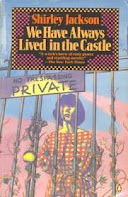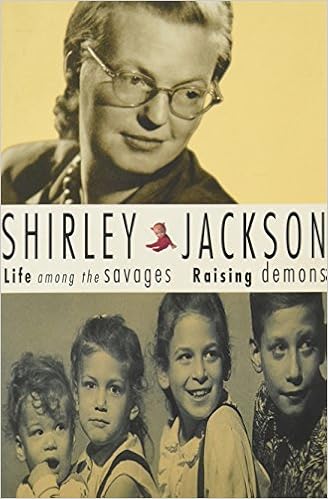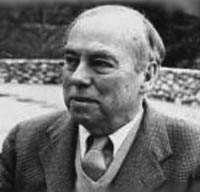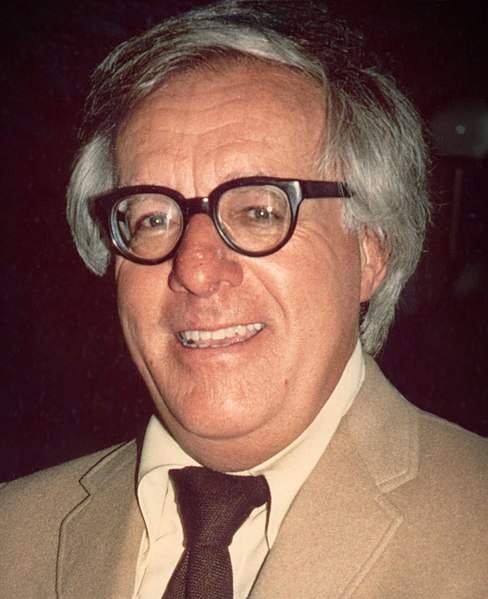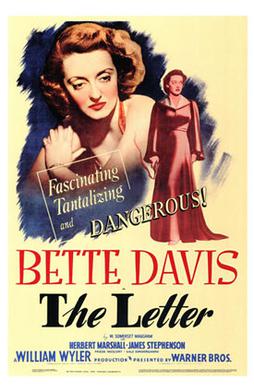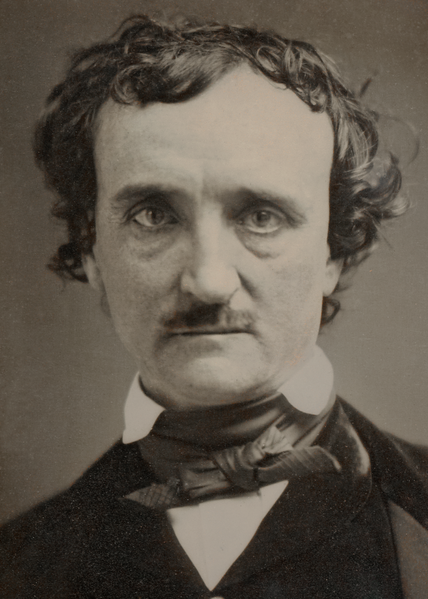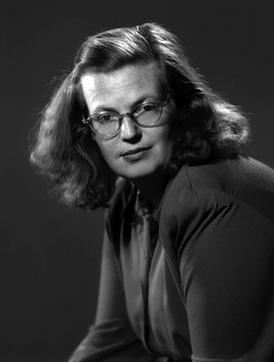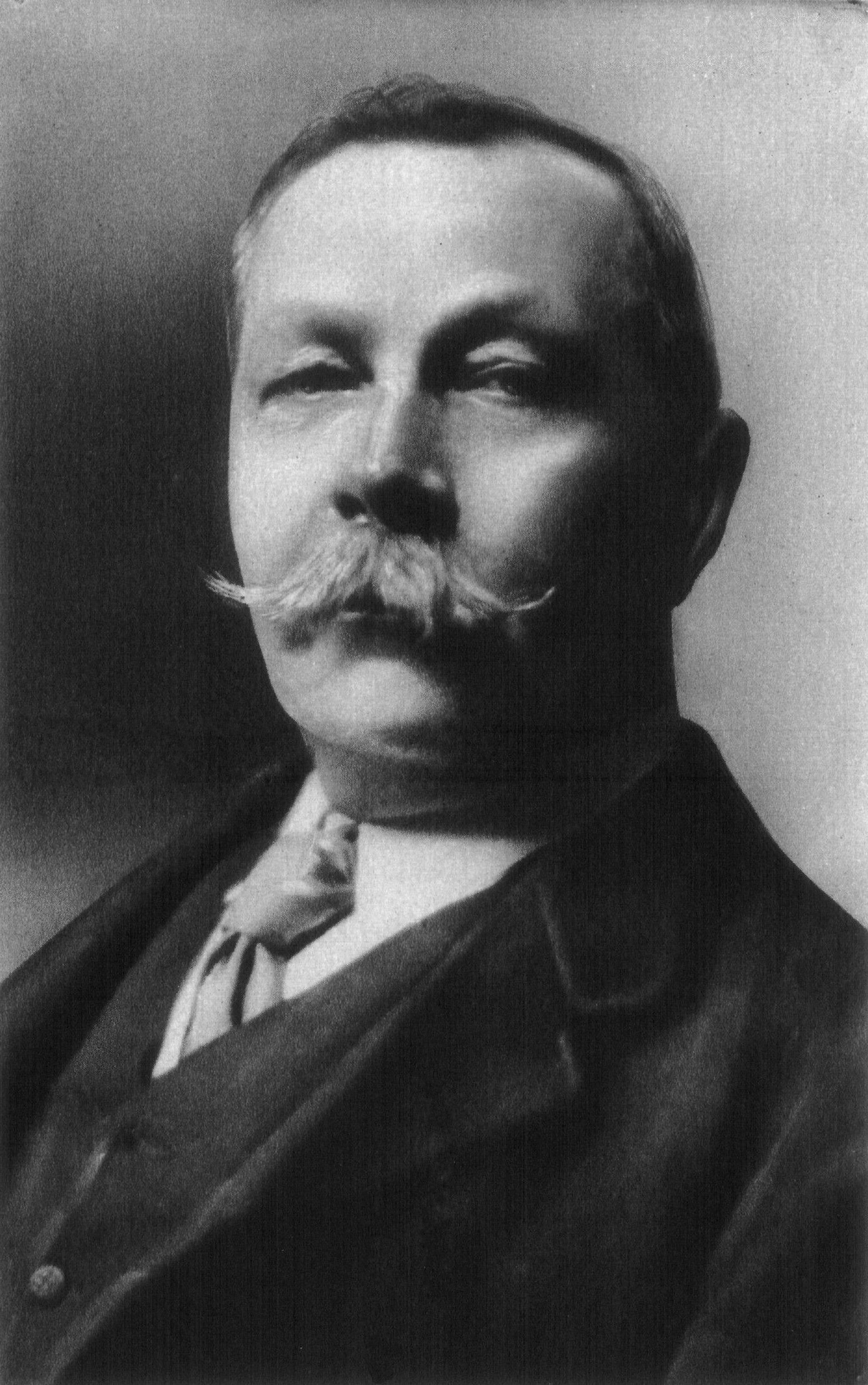October has crept around, and again for the season I'll risk a toe in gothic waters. Last year, I analyzed Shirley Jackson's The Haunting of Hill House. To stay with the author, I'll delve into my favorite of Jackson's novels: We Have Always Lived in the Castle (1962).
 |
| First edition (Wikipedia) |
Hill House was written in third person, often in a sweeping omniscient perspective that amplifies the narrative distance. Jackson never wanted us to understand Hill House's ghost. Instead, the novel explores how worse things than the supernatural walk our world. Persecution, isolation, fear-mongering, self-destruction. Jackson wrote about ordinary cruelty.
We Have Always Lived in the Castle is no ghost story. There's not a scrap of actual magic, however much protagonist Merricat wishes otherwise. Castle is a crime novel. Humans are humans, and the dead are dead but never out of mind. The holds of the dead and our past are what gives Castle its unsettling punch. This time, Jackson wants us to meet cruelty up close and personal.
Consider this your spoiler alert.
The opening paragraph:
"My name is Mary Katherine Blackwood. I am eighteen years old, and I live with my sister Constance. I have often thought that with any luck at all I could have been born a werewolf, because the two middle fingers on both my hands are the same length, but I have had to be content with what I had. I dislike washing myself, and dogs, and noise. I like my sister Constance, and Richard Plantagenet, and Amanita phalloides, the death-cup mushroom. Everyone else in my family is dead."
Masterful construction. Straight out, the voice invites a bond with this Wednesday Addams-ish Merricat. Her interests promise quirks and raise questions, lots of questions. Death stalks the paragraph. Unlayering the moving parts takes reading Castle closely more than once. If you haven't read it, hold two thoughts. First, Merricat believes magic exists--with a preference for a violent sort--though good luck might not. Second, every single word is about herself.
Merricat and Constance are the last Blackwoods alive after arsenic-laced sugar poisoned the family. The only other survivor, Uncle Julian, had gone unusually light on the sugar and was left an invalid. Merricat had been sent to bed without dinner--again. Suspicion lands on the otherwise-saintly Constance, the family cook and famously averse to sugar. But why use obvious means when she had a garden's worth of poisons? Why kill without a motive? A jury acquits Constance from lack of evidence, and the Blackwoods retreat to their hilltop confines.
 |
| Penguin Classics Deluxe Edition, 2006 |
The novel opens six years later. Constance is captive to agoraphobia and a mother role to Merricat and the slowly-dying Julian. Julian obsesses with the unsolved crime and dedicates his addled brain to document it. Merricat runs errands and helps keep the house just as their parent left it. Between chores, she dashes around semi-feral with her cat, marking daily rituals and burying talismans against outsiders.
Her sympathetic magic protections aren't without cause. The village, sure Constance got away with murder, amps longstanding class friction into a cold war and Blackwood monster myth. Merricat endures vicious taunts on her twice-weekly supply runs. The grocer only serves her because she pays in Father's gold coins.
Constance is still young and attractive– and rich. Scandal cloud or not, a loyal upper crust connection wants Constance eased back into society. Constance is tempted. Merricat can't process Constance's restless thoughts or why any Blackwood might want to leave home.
Into the mix comes gold-digging cousin Charles after Constance's hand. Charles isn't the sharpest blade around. His charms and bluster work on Constance alone. Worse, his tactics make the wrong enemy in Merricat.

Jackson planted that seed in the opening paragraph. Merricat uses "I" eight times in six brief sentences. Constance is mentioned almost as a possession. At eighteen, Merricat is an indulged girl-child full of daddy issues and Blackwood privilege. Discipline is for less perfect children. Woe to anyone who disturbs the fantasy.
Merricat's cruelty isn't evil. Her obsessive routines and lack of expression and antisocial struggles hint at someone on the autism spectrum. She was born into Blackwood expectations and taught by formidable and vain parents. Her mother, a villager, had the Blackwood grounds sealed tight over Father's hesitation. It's not the last time her parents disagreed. One such argument rattled the manor that night of the tragic meal.
In the Jackson way, cruelty begets cruelty. A family friend from town makes her periodic visits. Merricat, no proper hostess, complains how terrible everyone in the village treats her. The guest correctly suggests that the townsfolk would be nicer to Merricat if Merricat was nicer in town. Constance asks for the same truce with Charles– and a bath and clean dress wouldn't hurt, either.
Merricat never developed such emotional intelligence. Instead, she escalates her empty magic. When that doesn't scare off Charles, she uses his smoldering pipe to start a house fire. The town gathers to gawk and celebrate the fast-spreading blaze.
When the night is done, Charles is gone but so is most of the Blackwood finery, looted by the villagers. The upper floors are a burned hulk. Julian is dead of a smoke-induced heart attack.
In the aftermath, and in case anyone missed what's been in plain sight, Jackson clears up the murder mystery. Merricat did it– out of childish revenge for simple discipline. Merricat is fine with murder and fine letting Constance take the blame. Merricat is fine with burning the manor down, come what may.
Merricat wins, such as it is. Constance isn't going anywhere. The Blackwoods remain. The sister bond is sealed, if doomed. In a literary turn, vines grow over the wrecked manor. The sisters live in darkness and on meals left hurriedly by remorseful townsfolk. Merricat has achieved her self-image, a light of lights to be brought offerings. Sacrifices, more like. She's become the village bogeywoman from those rhymes.
Technically, Merricat is an unreliable narrator. I don't read her that way. Mary Katherine Blackwood is honest from that opening paragraph. Stunted and dangerously arrogant--but honest in what she says and what she withholds. She feels no more need to share uncomfortable truths with a reader than she does in the village. We can't be sure how much guilt she feels, but Jackson doesn't spare the torture. Guilt is everywhere in the house. Guilt is Julian's main character function, a withering reminder Merricat can neither avoid nor internalize. Those rules become a coping mechanism.
The novel's secret sauce, though, is Jackson herself. The main characters are the sister figures caught in complex circumstances– sister figures often based on her daughters. The setting is again her New England stomping grounds, where years as a Bennington wife left her agoraphobic and feeling undervalued despite her track record. She tinkered with witchcraft. When Jackson wrote We Have Always Lived in The Castle, she wrote from her soul.
